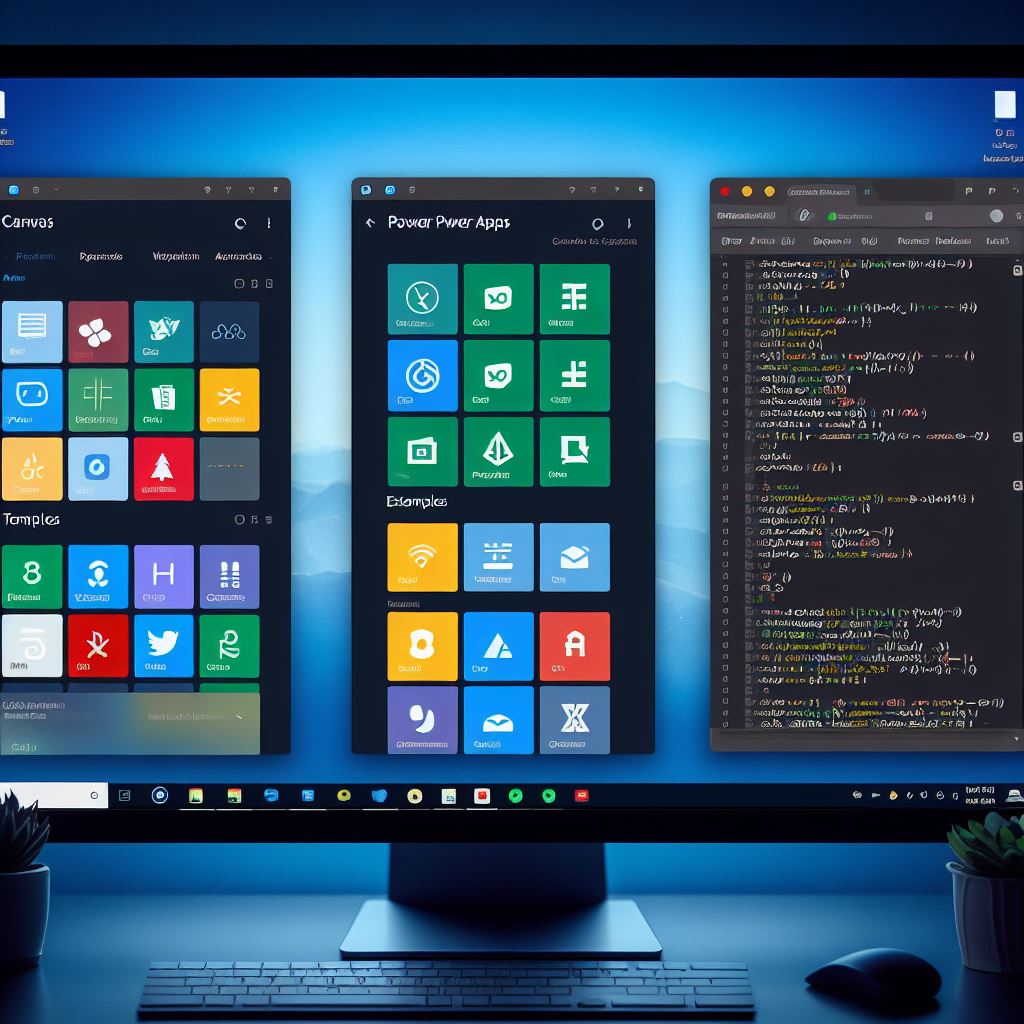Hi Folks,
Most of us know how to declare variables in our program…declaring a Var variable type is simplest one possible either in C#, Javascript or any scripting language.
Do you know that we can declare variables similarly in Canvas Apps using PowerFx…? A feature which was Generally available now..it’s none other than Named formulas.
With the named formulas, we can easily define and declare variables and only they were run when required, you don’t need to initialize it before hand, thus improving performance. Here you don’t even need to use Var while declaring the variable, you just name it…Also it offers below advantages.
- The formula’s value is always available. There is no timing dependency, no App.OnStart that must run first before the value is set, no time in which the formula’s value is incorrect. Named formulas can refer to each other in any order, so long as they don’t create a circular reference. They can be calculated in parallel.
- The formula’s value is always up to date. The formula can perform a calculation that is dependent on control properties or database records, and as they change, the formula’s value automatically updates. You don’t need to manually update the value as you do with a variable.
- The formula’s definition is immutable. The definition in App.Formulas is the single source of truth and the value can’t be changed somewhere else in the app. With variables, it is possible that some code unexpectedly changes a value, but this is not possible with named formulas. That doesn’t mean a formula’s value needs to be static – it can change – but only if dependencies change.
- The formula’s calculation can be deferred. Because its value it immutable, it can always be calculated when needed, which means it need not actually be calculated until it is actually needed. If the value is never used, the formula need never be calculated. Formula values that aren’t used until screen2 of an app is displayed need not be calculated until screen screen2 is visible. This can dramatically improve app load time and declarative in nature.
- Named formulas is an Excel concept. Power Fx leverages Excel concepts where possible since so many people know Excel well.
Tip: Use App.Formulas instead of App.OnStart
The best way to reduce loading time for both Power Apps Studio and your app is to replace variable and collection initialization in App.OnStart with named formulas in App.Formulas.
Example without Named Formulas:
Example with Named Formulas:
You see the difference between the above two, the one with named formulas is more readable while improving your App performance. Isn’t great…?
References:
https://powerapps.microsoft.com/en-us/blog/power-fx-introducing-named-formulas/
Cheers,
PMDY
Discover more from ECELLORS CRM Blog
Subscribe to get the latest posts to your email.

